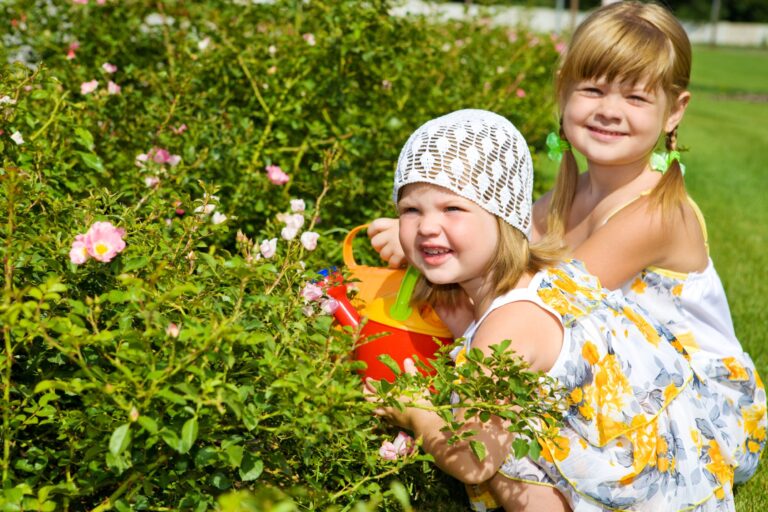As you stand amidst the lush, vibrant foliage of a garden, your busy mind settles into the soothing rhythm of the natural world. The rumination stops. You notice the gentle rustling of leaves, the cheerful chorus of birdsong, and the earthy aroma of freshly turned soil. It’s in these still moments that you realize there’s…
garden psychology
Being a Beginner in the Garden
I’ve admitted to you in the past that I honestly have a bit of a brown thumb. During periods of depression, this can make me feel like I will never be able to grow a plant ever again. However, most of the time, I’m able to turn off that kind of thinking. I’m able to…

